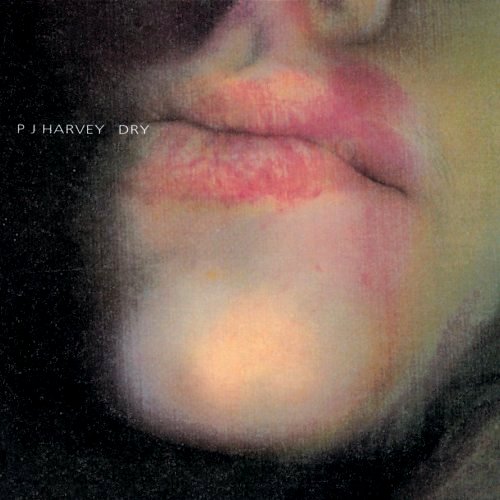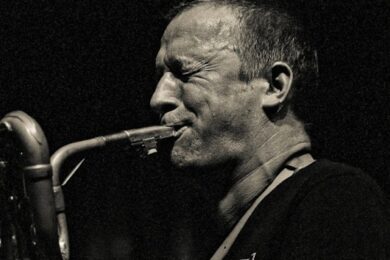2. PJ HarveyDry

It’s interesting, with The Thing, a lot of the music we play, it’s garage rock or alternative rock, but it’s pretty simple structures, there’s not many harmonic progressions, it’s two or three chord pieces and usually based on one simple riff. You can look at this rock tradition and you look at the early free jazz tradition with Charles Tyler, [Archie] Shepp, Frank Wright, Albert Ayler, it’s the same in a way. It’s a simple structure, there’s one harmonic centre, simple melodies. For us, it was so natural to go into the early PJ Harvey stuff or Stooges stuff, ‘cos for me it was like free jazz. It’s unavoidable when you talk about music to produce genres and descriptions, but I try to avoid it. To me, PJ Harvey’s Dry and The Stooges’ Fun House are two of the best free jazz records I know. That’s why I love Dry. She’s made a lot of great records, but somehow Dry is the one that I always freak out [to] when I hear it. In a way there’s a reference to Little Richard there, because her voice is also kind of distorted, kind of dirty, not perfect. I’m very attracted by music which creates friction and resistance, it’s not smooth. Dry, I think it’s a masterpiece, an amazing album. It’s so interesting and so great that the demo versions are even more insane, in a way even more fantastic. The whole album is so naked, naked in a way that is almost scary, it’s almost going into privacy. In the same way when I hear Albert Ayler, or the free jazz I love the most, this is as emotionally involving for me. I just love the material, great songs and great lyrics.


